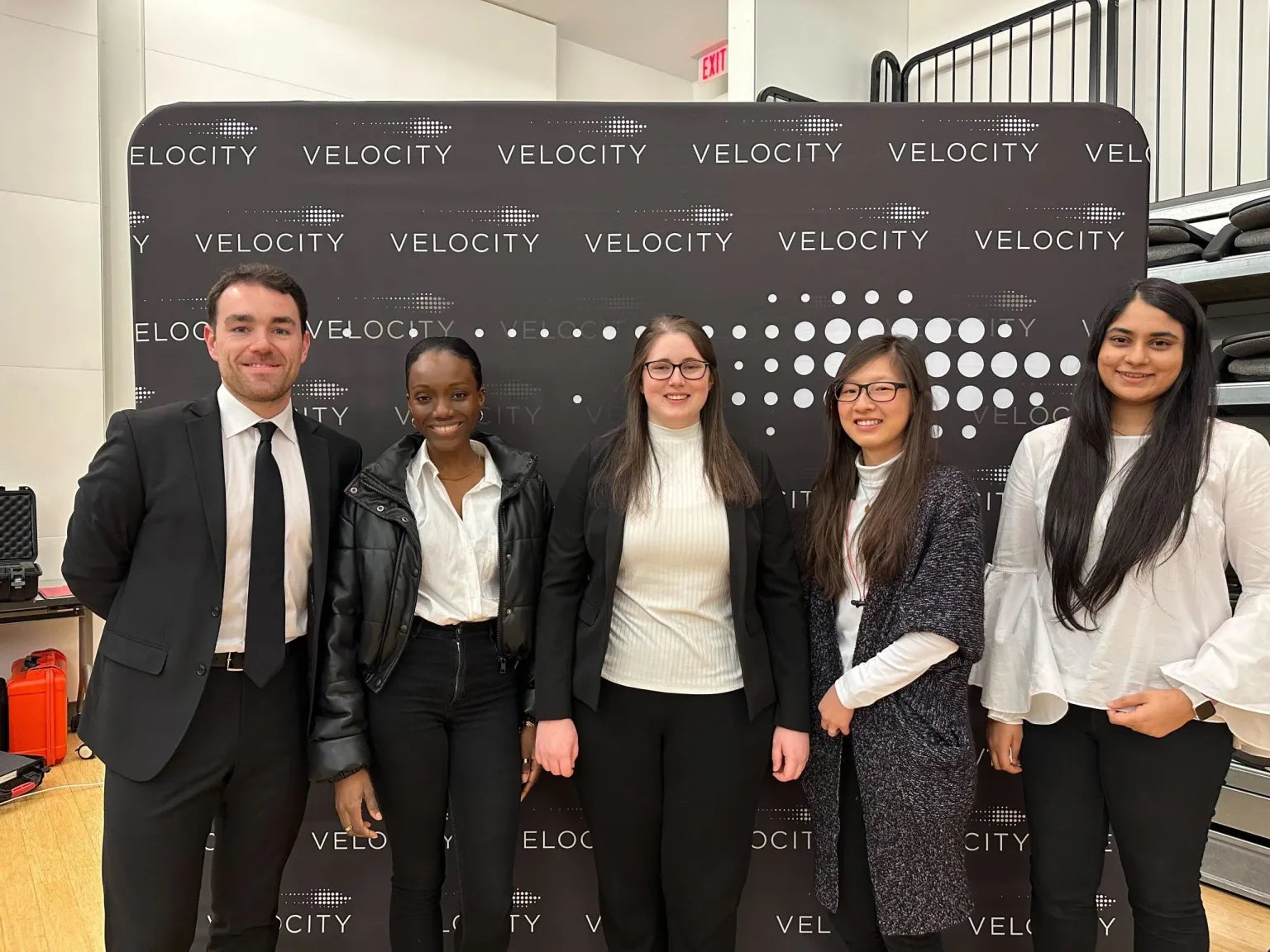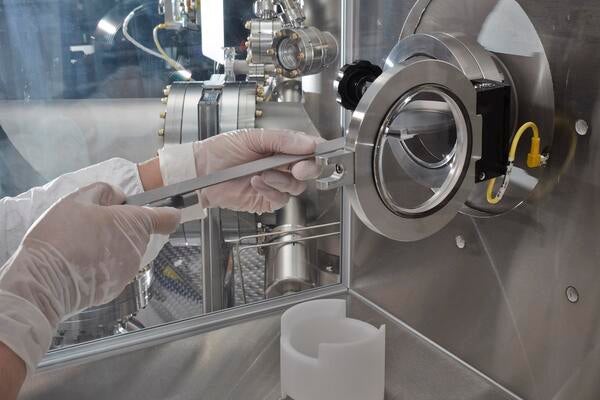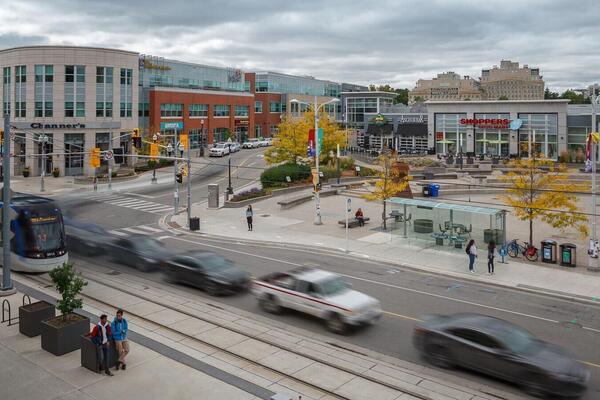
Goodbye, soggy paper straws and hello, true biodegradable plastic!
MetaCycler Bioinnovations is creating plastic-like materials out of organic waste from dairy production

MetaCycler Bioinnovations is creating plastic-like materials out of organic waste from dairy production
By Media RelationsMetaCycler BioInnovations, a new company at Velocity, the University of Waterloo’s startup incubator, is making biodegradable materials out of waste from the dairy industry, with the potential for wide-range applications, including biodegradable plastic-like straws.
“One of the most common questions we get is ‘Can I get my straw back?’” said Nicole LeBlanc, co-founder and CEO. “Our material has flexible properties that can be used in a wide range of applications, including hard, brittle plastic-like materials that could, in theory, replace plastic straws. The straws would have the same feel and texture as plastic, but would be biodegradable in all environments, including marine environments.”
MetaCycler’s range of genetically modified microorganisms converts dairy waste, byproducts from milk and cheese production, into PHA, a plastic-like material produced naturally by microorganisms, which is the basis of many of the biodegradable plastic products used today.
“The microorganisms are harmless to humans, animals and plants and produce PHA naturally,” co-founder Aranksha Thakor said.“We have made changes to what the bacteria eats so that it can consume dairy waste and make PHA. This idea can be applied to any organic waste. Changing the genes of bacteria means we can use them to produce plastic-like material from other food processing plants as well as the organic waste we throw out at home.”

MetaCycler BioInnovations' team
Co-founders LeBlanc, Thakor, Eugenia Dadzie, Shirley Wong, and Jonathan Parkes started working with Velocity on campus earlier this year. With deep roots in University of Waterloo research, Thakor, LeBlanc and Dadzie are doctoral candidates in the Faculty of Science, where Wong is doing her post-doctoral studies.
Making plastic-like biodegradable straws is just a small example of the significant impact MetaCycler’s tech could have on the environment. What’s more, the assumption that common bioplastics are eco-friendly is not always accurate.
“There aren’t really any true bio-based and biodegradable plastics out there that decompose in marine and terrestrial environments while still offering the properties of plastics,” said Thakor. “Some industries want to make the change to sustainable plastics, but the solutions available today don’t meet their needs.”
“We are developing technology that is producing a material that could, in theory, change the world but first has to become a feasible business, which is what Velocity is helping us figure out,” LeBlanc said. “Everything comes from something and has to go somewhere at the end of its life — products made with our materials will break down and go back into the earth rather than just sitting there and polluting the environment forever.”
About Velocity
Velocity accelerates entrepreneurs’ growth from ideas to early-stage start-ups and beyond. These founders have access to unmatched resources, collaboration space, funding, and an expansive and experienced network made possible only by the University of Waterloo — Canada’s top university for founders. In the 15 years since its inception as a University of Waterloo residence, more than 400 Velocity companies have netted over 26B USD in value.

Read more
Upside Robotics secures new funding to accelerate the future of sustainable farming

Read more
New Zealand adopts researcher-centric principles after studying Waterloo’s pioneering approach to IP ownership

Read more
It Started in Waterloo: An Astronaut's Journey into the Universe of Innovation, narrated by Chris Hadfield, highlights the University of Waterloo’s role in igniting innovation within the region and beyond.
The University of Waterloo acknowledges that much of our work takes place on the traditional territory of the Neutral, Anishinaabeg, and Haudenosaunee peoples. Our main campus is situated on the Haldimand Tract, the land granted to the Six Nations that includes six miles on each side of the Grand River. Our active work toward reconciliation takes place across our campuses through research, learning, teaching, and community building, and is co-ordinated within the Office of Indigenous Relations.